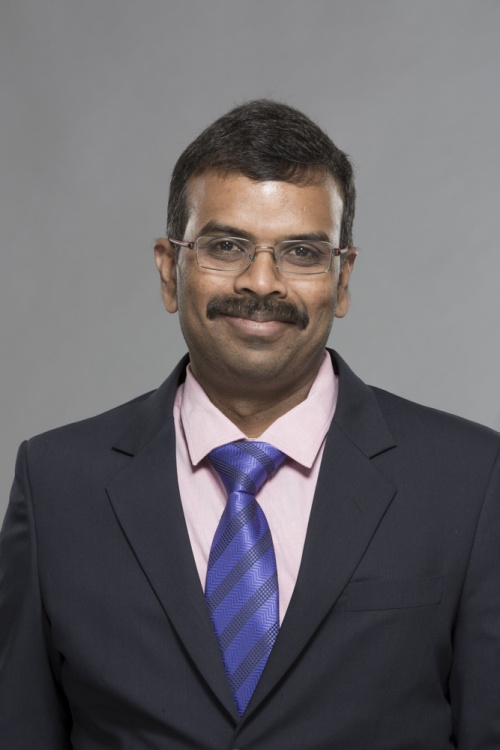Authored by Dr. Pradeep Kumar D, Sr. Consultant – Interventional Cardiology, Aster CMI Hospital, Bangalore
Sudden Cardiac Death (SCD) is defined as death due to a cardiovascular cause that occurs one hour within the onset of symptoms. The condition can affect any individual with or without any pre-existing heart disease and is not uncommon among youngsters.
While SCD is rare, one has recently witnessed well-known public figures and athletes who have succumbed to it. This has raised several questions and anxiety in people’s minds regarding the causes, symptoms and ways to prevent it.
What is the cause of increased heart attacks among youngsters?
Even though many people who have suffered cardiac death have passed away in their sleep, the condition can also occur while doing a physical activity such as playing competitive sports or exertion. Coronary artery disease is the most common cause of sudden cardiac death, accounting for up to 80% of all cases. Cardiomyopathies and genetic channelopathies account for the remaining causes in younger people. The most common causes of non-ischemic sudden cardiac death are cardiomyopathy related to obesity, alcoholism, and fibrosis.
Among youngsters, it mostly happens because of undiagnosed heart conditions like thickened heart muscles (hypertrophic cardiomyopathy), a genetic condition that causes the heart muscles to grow too thick which makes it hard for the heart to pump blood and can cause rhythm disturbances. The other causes are electrical conduction abnormalities in the heart.
What are the warning signs?
While SCDs occur without any warning in many cases, however, your body often presents certain signs
that may indicate increased risk. These include –
-
Fainting or unexplained fainting that may occur during exercise or physical activities
-
Shortening of breath or chest pain and palpitations related to exertion
-
A family history of SDC makes a person more prone to have the same heart events
How does one treat sudden cardiac arrest?
When a cardiac arrest occurs the heart stops beating depriving the brain and other organs of oxygen rich blood. Time is critical in such cases.
-
Call emergency medical services immediately
-
Perform CPR – Check for breathing. If the person isn’t breathing normally commence CPR
How can you reduce your risk of SCD
There are several ways through which you can reduce your SCD risk –
-
Undergo regular checkups and screening for heart disease
-
Adopt a heart-healthy lifestyle and exercise regularly for 45 minutes every day
-
Reduce obesity
-
If you are suffering from diabetes then you must keep it under control through a combination of lifestyle modifications, exercise, and medicine. deal control is to keep HbA1c which detects average blood sugar level in the last three months between 6 and 7 per cent.
-
Regularly check and control your blood pressure. The ideal BP control is to keep it below 130/80
Talking to a healthcare provider can help you get timely treatment. Since there are no defined causes of SCD therefore regular screening becomes extremely important and a routine ECG may save those who are at high risk.


